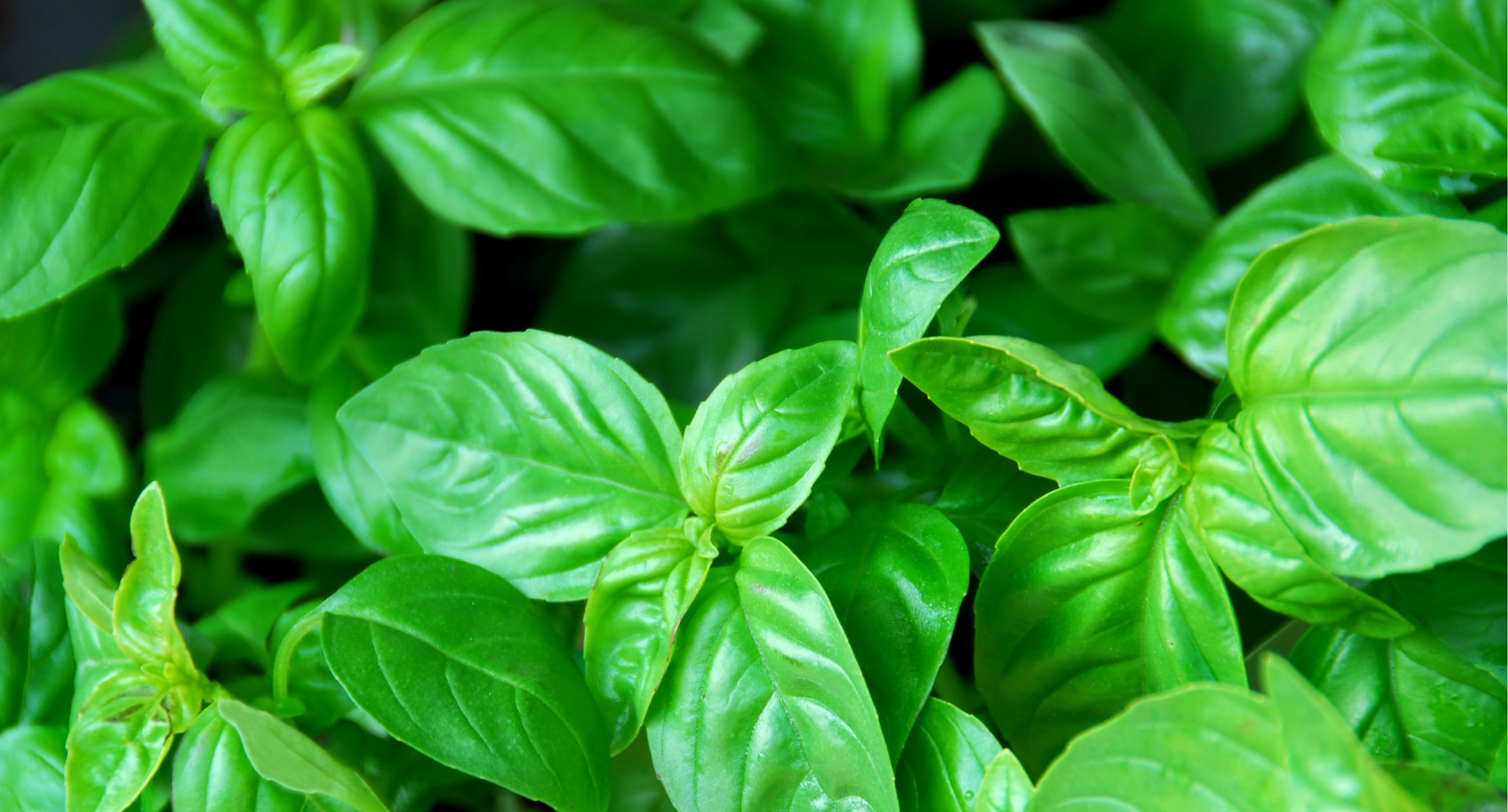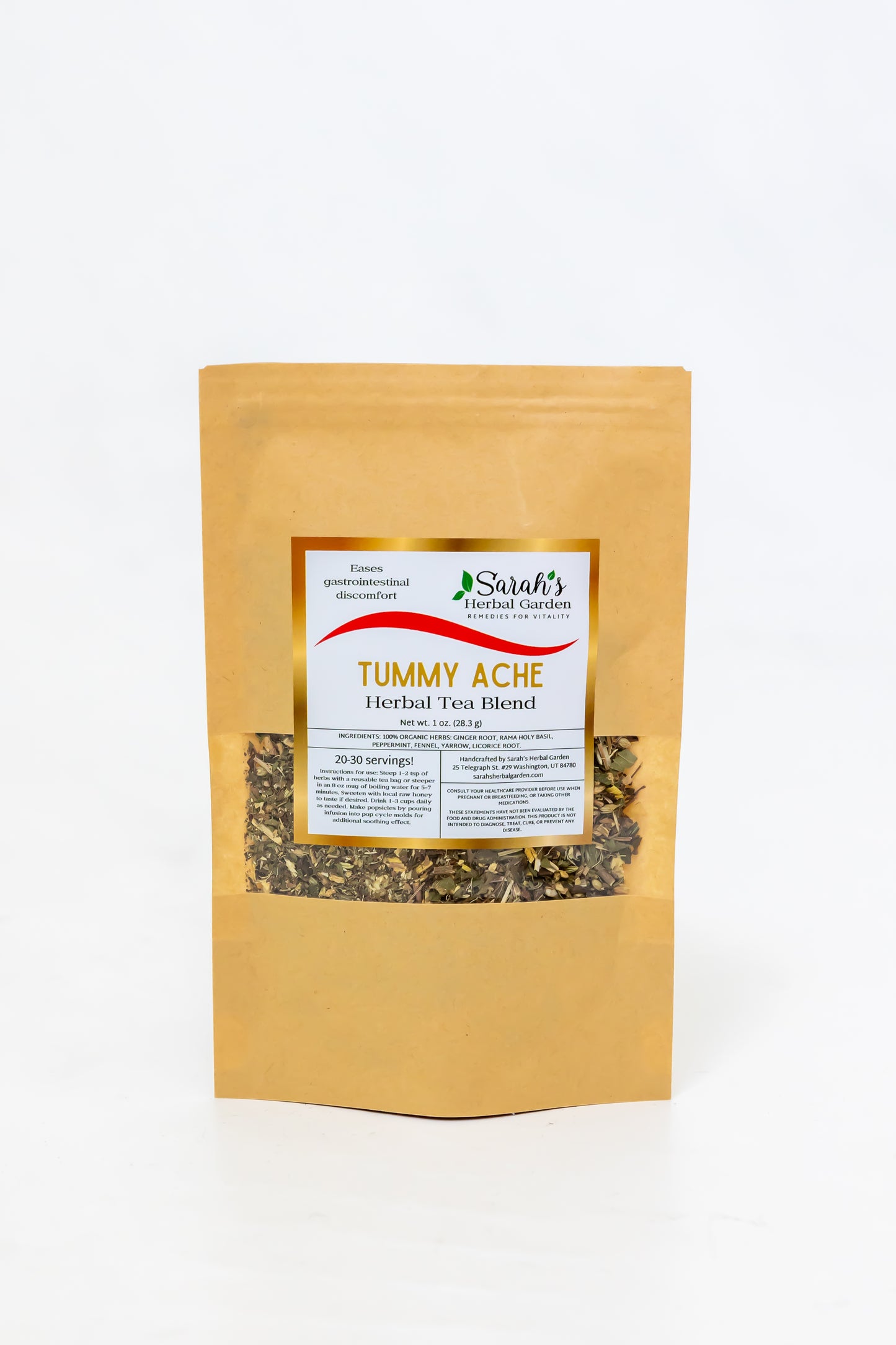
Basil
Scientific Name: Ocimum basilicum
Herbal Profile: Basil
Scientific Name: Ocimum basilicum
Family: Lamiaceae
Common Names: Basil, Sweet Basil, Thai Basil, Holy Basil (Tulsi for Ocimum sanctum)
Description:
Basil is a tender, aromatic herb that is widely cultivated for its culinary and medicinal uses. It is native to tropical regions from central Africa to Southeast Asia. Basil plants grow between 1 to 3 feet tall and have light green, oval leaves with a slightly curved appearance. The leaves emit a sweet, peppery scent. Basil produces small, white to purple flowers and thrives in warm, sunny environments. There are several varieties of basil, including Sweet Basil (Ocimum basilicum), Holy Basil (Ocimum sanctum or Ocimum tenuiflorum), and Thai Basil (Ocimum basilicum var. thyrsiflora).
Traditional Uses:
Basil has been used in traditional medicine for thousands of years, especially in Ayurvedic and traditional Chinese medicine, where it is valued for its healing properties. Some common traditional uses of basil include:
- Digestive Health: Basil has been traditionally used to improve digestion, relieve bloating and gas, and alleviate stomach cramps. Its carminative properties help reduce gastrointestinal discomfort and enhance overall digestive function.
- Respiratory Health: Basil is known for its ability to support respiratory health. It has been used to treat coughs, colds, bronchitis, and asthma due to its ability to clear mucus and soothe the respiratory tract.
- Antioxidant and Anti-inflammatory Properties: Basil contains various antioxidants and anti-inflammatory compounds that help protect the body from oxidative stress and reduce inflammation. It is used to support general health and prevent chronic diseases.
- Antimicrobial Effects: Basil has natural antibacterial, antifungal, and antiviral properties, making it useful for preventing and treating infections. It is often used in herbal remedies for skin infections, wounds, and oral health.
- Stress Relief and Mental Clarity: Holy Basil (Tulsi) is known for its adaptogenic properties, which help the body adapt to stress and support mental clarity. It is traditionally used to alleviate anxiety, improve mood, and promote relaxation.
- Cardiovascular Health: Basil is believed to support heart health by improving circulation, lowering blood pressure, and reducing cholesterol levels.
Active Compounds:
- Essential Oils: Including eugenol, linalool, and methyl chavicol, which provide antimicrobial, anti-inflammatory, and analgesic effects.
- Flavonoids: Such as orientin and vicenin, which have antioxidant properties that help protect cells from damage.
- Tannins: Contribute to the herb's astringent properties, which help tighten tissues and reduce inflammation.
- Saponins: Support immune health and exhibit anti-inflammatory properties.
- Polyphenols: Such as rosmarinic acid, which has antioxidant and anti-inflammatory effects.
Preparation and Dosage:
- Tea (Infusion):
- Fresh Leaves:
- Tincture:
- Essential Oil:
- Poultice:
Safety and Precautions:
- Pregnancy and Breastfeeding: Basil is generally safe in food amounts but should be used cautiously in medicinal amounts during pregnancy and breastfeeding. Consult a healthcare provider before use.
- Allergic Reactions: Some individuals may experience allergic reactions to basil, especially when using essential oils. Discontinue use if any allergic symptoms, such as skin irritation or respiratory discomfort, occur.
- Medication Interactions: Basil may interact with anticoagulant medications due to its mild blood-thinning properties. Consult a healthcare provider if you are taking such medications or have any bleeding disorders.
- Overuse of Essential Oils: Basil essential oil is highly concentrated and should be used with caution. Avoid ingestion and always dilute it properly before topical use to prevent skin irritation.
Conclusion:
Basil is a versatile and widely used herb known for its digestive, respiratory, and antioxidant properties. It has been a staple in traditional medicine practices for its ability to improve digestion, support respiratory health, reduce stress, and protect against infections. While generally safe for most people, it is important to use basil, particularly its essential oil, with caution and consult with a healthcare professional, especially during pregnancy, breastfeeding, or if you have underlying health conditions or are on medications.
Sarah's Herbal Garden
Tummy Ache {Herbal Tea Blend for Stomach Upset}
Share


